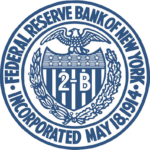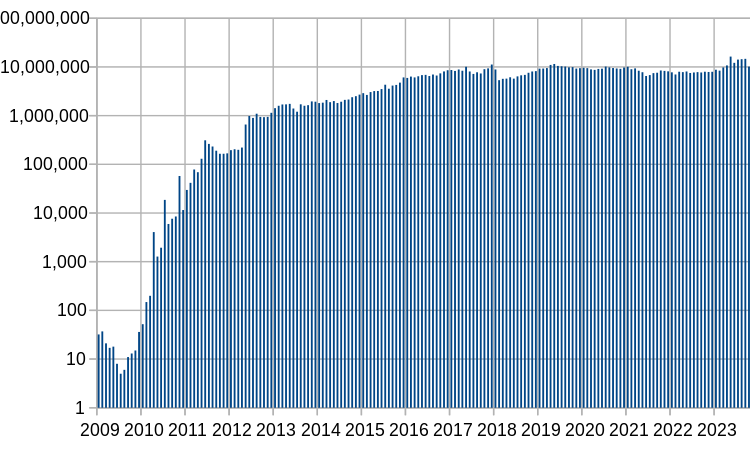Annual revisions to inflation data have economists and Fed officials cautious
- Annual update to consumer-price index (CPI) has Wall Street on guard
- Previous update in 2023 revealed higher inflation than expected
- Next update to be released on Feb. 9, economists and Fed officials are cautious
- Government underestimated increase in prices of new and used cars
- Expectation is that annual revisions could show inflation slowing slightly faster
- Fed likely to stay on course to cut U.S. interest rates by early or late spring
Just a year ago, inflation seemed to be slowing quickly and hopes grew that the Federal Reserve could soon throttle back its interest-rate hikes. Then the Fed — and Wall Street — got punched in the face. The punch came from an unlikely source: the annual update by government bean counters to the main inflation tracker known as the consumer-price index. These updates rarely make waves. This time, they did. The new information in February 2023 showed that inflation hadn’t slowed nearly as much as previously believed. To make matters worse, the next two monthly inflation readings were bigger than expected. As a result, the Fed kept raising a key short-term U.S. interest rate to try to slow the economy and tame inflation. Could it happen again? The next annual update to the CPI will be released Feb. 9 — and economists and Fed officials are on guard. Every year, the Bureau of Labor Statistics updates the previous five years of inflation data based on new and improved information. The changes most years are so minute, they escape public notice. Not last year. This time around, economists doubt there will be a repeat. And if there is, the expectation is that the annual revisions could show inflation slowing slightly faster than previously reported. Barring a February surprise, then, the Fed is likely to stay on course to cut U.S. interest rates by early or late spring, giving relief to home buyers, car purchasers and other borrowers.
Public Companies: Morgan Stanley (MS)
Private Companies:
Key People: Ellen Zentner (Chief Economist at Morgan Stanley), Chris Waller (Fed Governor), Ryan Sweet (Chief U.S. Economist at Oxford Economics)
Factuality Level: 7
Justification: The article provides information about the annual update to the consumer-price index and its impact on inflation. It includes quotes from economists and Fed officials, as well as data on previous inflation rates. However, there is some speculation and uncertainty expressed by the sources, which may affect the overall factuality of the article.
Noise Level: 3
Justification: The article provides relevant information about the annual update to the consumer-price index and its impact on inflation. It includes quotes from economists and Fed officials, as well as data on previous revisions. However, the article contains some filler content and repetitive information, which lowers its overall noise level.
Financial Relevance: Yes
Financial Markets Impacted: The article discusses the impact of inflation on the Federal Reserve’s interest rate hikes, which can have implications for financial markets and companies, particularly in the housing and automotive sectors.
Presence of Extreme Event: No
Nature of Extreme Event: No
Impact Rating of the Extreme Event: No
Justification: The article primarily focuses on the potential impact of inflation and the annual update to the consumer-price index on the Federal Reserve’s interest rate decisions. While this is a significant financial topic, there is no mention of an extreme event or its impact.
 www.marketwatch.com
www.marketwatch.com 





